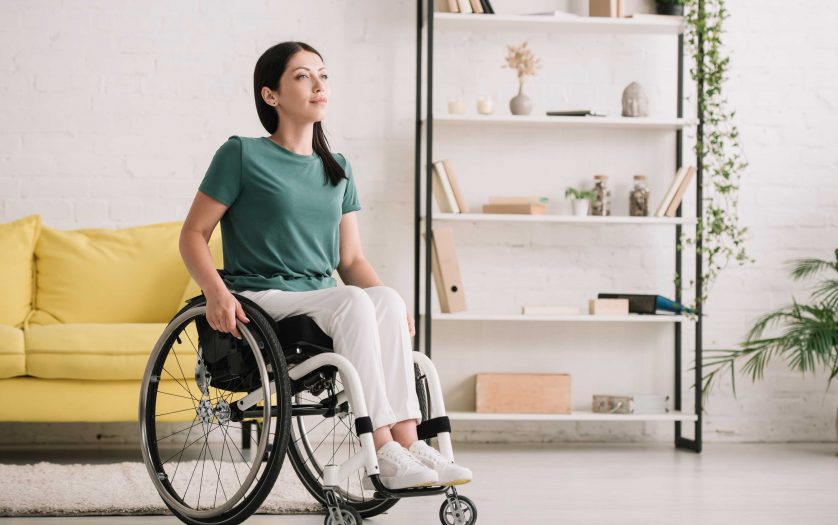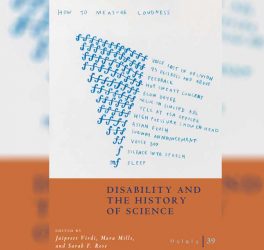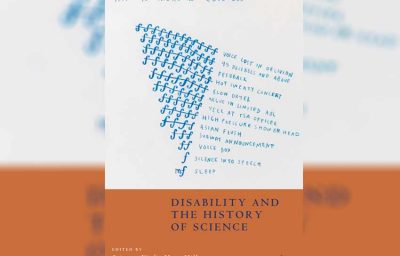
Hundreds of Aussie households have responded to become part of a new service designed to help meet the demand for quality short-term accommodation (STA) experiences for persons with disabilities.
The Disability Homestay Network (DHN) program will provide standards-based, properly-managed hosted accommodation for eligible participants funded through the National Disability Insurance Scheme (NDIS).
More than 450 people throughout Australia have already applied to become DHN hosts and thousands more are expected over the next 12 months.
The initiative will use the infrastructure and experience of the successful international student homestay model operated by the Australian Homestay Network (AHN) since 2008.
David Bycroft, Founder of the Australian Homestay Network, said initial feedback has been positive.
“DHN will offer participants more choice, better outcomes and amazing experiences in the safety and security of a family home setting whilst enabling their support network to have a short break from their daily routine.
“Our plan is to deliver an exceptional experience for both participants and hosts, one that will lead to building long-term friendships as well as improving inclusion of people with disability in the community.”
Whilst homestays are not completely new to the disability sector, the approach and scale of AHN make the DHN program unique within the market.
DHN is a national program with extensive quality assurance and accountability processes, a unique participant/host matching system, insurance and 24/7 support.
Brent Woolgar, Principal Consultant of DSC , said DHN will be a game-changer for Australians living with disability and the sector as a whole.
“Quality accommodation and experiences for people with disability are in short supply with high demand.
“The Disability Homestay Network initiative gives NDIS participants greater choice and control on their journey to achieving their goals by providing access to STA options across Australia and streamlining the process of finding appropriate accommodation and supports.
“The program has the potential to produce better outcomes for NDIS participants, better integration within the community, and better use of government funding,” Mr Woolgar said.
More than 484,000 Australians have access to NDIS funding and support.
People who are caring, positive and open minded are invited to apply to host for the DHN program. Training is provided for successful applicants as part of the on-boarding process. A host reimbursement is also paid for each placement.
NDIS funded participants can book their stay on the DHN website.








